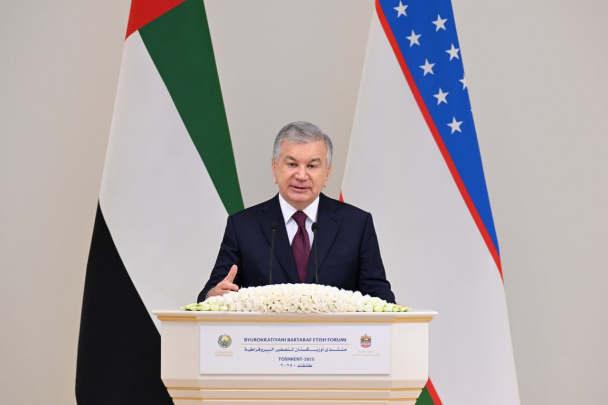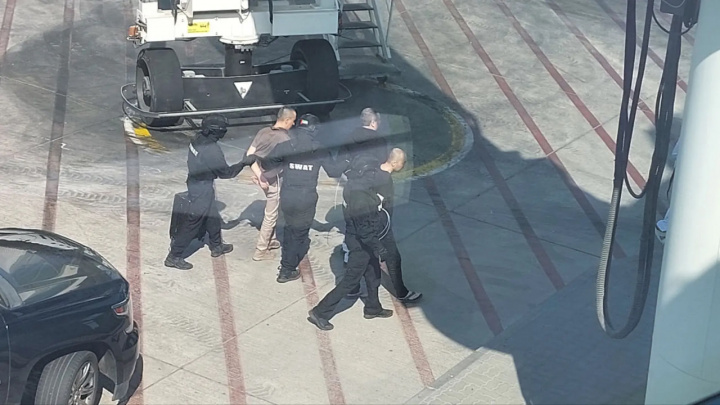Rights activists call for accountability after Uzbek nationals denied entry to UAE
On November 30, 31 Uzbek nationals (male passengers) aged between 20 and 40 were denied entry into the United Arab Emirates (UAE) without explanation after arriving in Abu Dhabi on a Wizz Air flight from Tashkent. Female passengers, children, and elderly individuals from the same flight passed through immigration without issue. The denied individuals waited for hours at the airport before being sent back to Tashkent at their own expense, despite earlier assurances from Wizz Air that they would be provided with free return tickets.
The incident comes in the wake of heightened security measures following the murder of a Jewish rabbi in the UAE, for which Uzbek nationals have reportedly been detained as suspects.
Prominent human rights activist and chair of the Ezgulik Society, Abdurahmon Tashanov, condemned the UAE’s actions as a violation of human rights. He suggested the situation is likely linked to the rabbi’s killing, noting a pattern of such measures in countries following high-profile incidents.
"Xenophobic or terrorism-related acts often prompt states to intensify security measures," said Tashanov. "This is not unique to authoritarian regimes; even democratic nations have taken similar actions in the face of security threats."
He criticized the UAE, stating, "While the country does not fully ensure human rights, these events reflect poorly on its treatment of Uzbek nationals."
Legal expert Botirjon Shermuhammad argued that the collective punishment of a nationality based on the actions of a few individuals is inappropriate and disrespectful to the affected state.
"Criminals exist in every nation, but laws must be applied individually. Denying entry to an entire group without clear justification violates general legal rights," he explained.
Botirjon Shermuhammad called on Uzbek authorities to demand detailed explanations and ensure their citizens’ rights are protected, particularly given reports of Uzbeks facing similar treatment in countries like Russia, Turkey, and Georgia.
Uzbekistan's diplomatic missions in the UAE acknowledged the situation, noting they were in contact with airport authorities and Emirati officials. However, passengers reported not receiving direct assistance from diplomatic representatives.
"The diplomatic corps must address such cases seriously. Any Uzbek national, regardless of the circumstances, should feel that Uzbekistan stands firmly behind them," said Tashanov.
Related News

17:07 / 28.11.2025
Shavkat Mirziyoyev launches new program to cut bureaucracy and digitize public services

16:45 / 28.11.2025
Uzbekistan and UAE discuss new steps to deepen strategic partnership

19:29 / 26.11.2025
UAE extradites three Uzbek nationals wanted for economic crimes

14:28 / 15.11.2025



